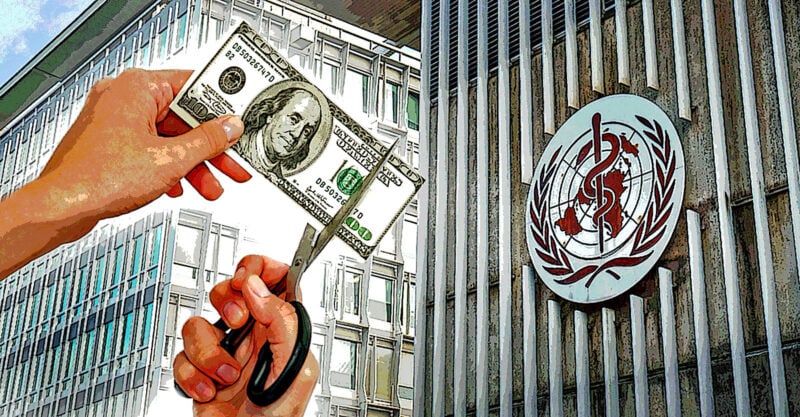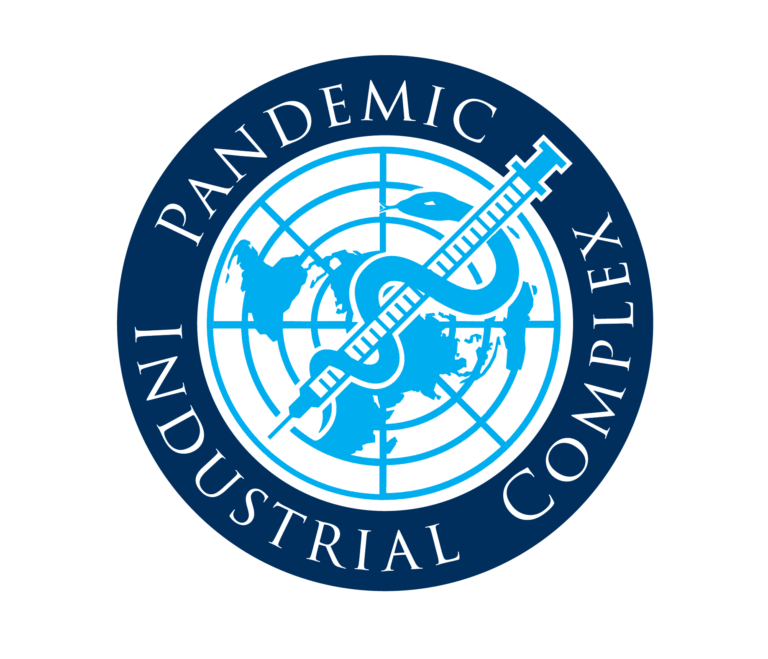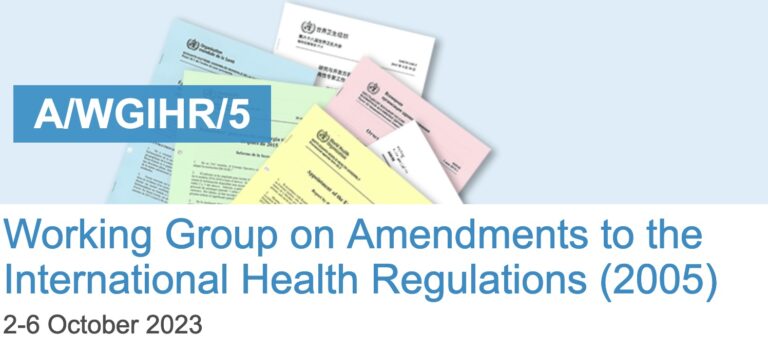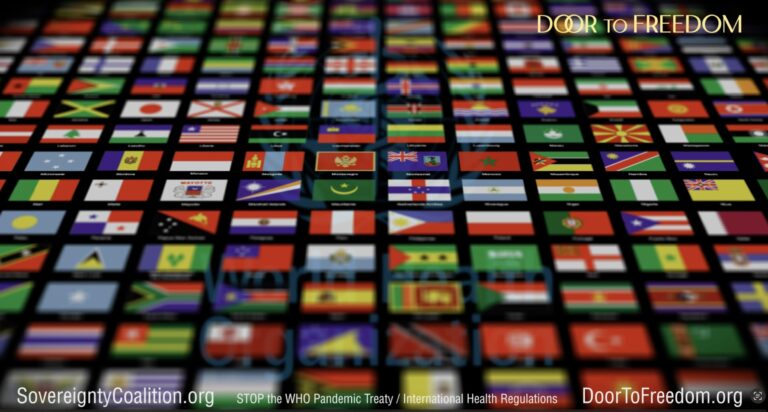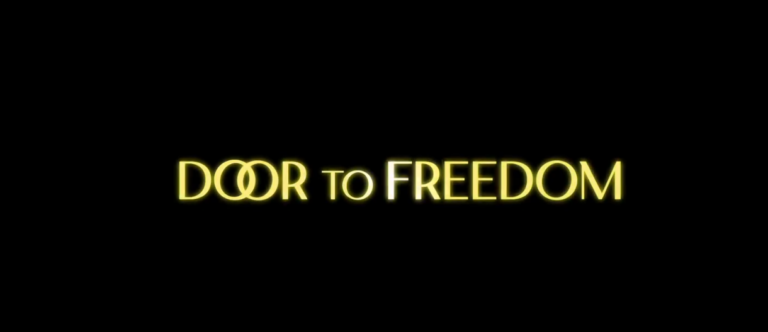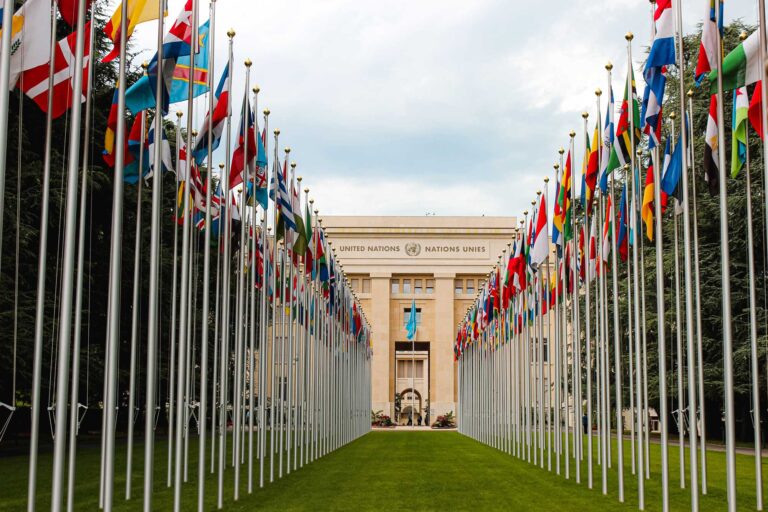The U.S. House of Representatives last week voted to halt World Health Organization (WHO) funding for 2023-24, but critics call for exiting the WHO to stop the advisory U.N. agency’s stated plans to become “a governing body” with power “to override decisions made by sovereign nations regarding health measures.”
This is a repost with kind permission by The Defender
The U.S. House of Representatives last week approved a bill that cuts U.S. funding to the World Health Organization (WHO) for the 2023-24 fiscal year.
The House approved H.R. 4665, the Fiscal Year 2024 Department of State, Foreign Operations, and Related Programs Appropriations Act, including the provision that, “None of the funds appropriated or otherwise made available by this Act may be made available for the World Health Organization.”
The bill’s passage comes as a sharp turnaround after the U.S. in 2022-23 was the WHO’s top contributor, surpassing the Bill & Melinda Gates Foundation, and over the past decade provided the WHO between $200 million to $600 million annually.
The bill, which passed by a 216-212 vote, is seen as a partial victory for critics of the WHO’s proposed pandemic treaty and amendments to the International Health Regulations (IHR), which would give the global health agency the power to dictate policies during health emergencies.
H.R. 4665 stipulates that the U.S. Senate must first ratify any WHO proposal, including a pandemic treaty, before the U.S. Department of State can use taxpayer dollars to implement it.
The bill also states the Constitution’s Senate treaty ratification requirement applies to “any international convention, agreement, protocol, legal instrument, or agreed outcome with legal force drafted by the intergovernmental negotiating body of the World Health Assembly or any other United Nations body.”
The bill goes next to the Senate, where it was placed on its legislative calendar.
Dr. David Bell, a public health physician and biotech consultant in global health, praised the bill, telling The Defender, “As WHO is obviously advocating for policies that are contrary to basic principles of democracy, human rights and ethical public health at present, defunding such work is necessary to protect society.”
Bell — who formerly worked as a medical officer and scientist at the WHO — said there are important aspects of cooperation in international health that the U.S. needs to support, but there are “other avenues for this that do not undermine human dignity” instead of working through the WHO.
The WHO’s response to COVID-19 demonstrated that it is “compromised by vested interests that are seeking to profit by imposing human rights restrictions based on false assertions, using fear and coercion,” Bell said. “It is irrational to use taxpayers’ money to support such approaches.”
‘A good start, but not quite good enough’
Francis Boyle, J.D., Ph.D., a professor of international law at the University of Illinois, told The Defender the House bill limits funding but said nothing about preventing the U.S. from signing or adopting documents like critics fear.
“This is a good start, but not quite good enough,” he said.
“The fiscal cut-off and the treaty ratification requirement will only be for the fiscal year,” Boyle said, “but the Globalists will keep coming after us to establish a worldwide totalitarian police state under the auspices and the guise of the WHO.”
In February, the WHO’s intergovernmental negotiating body convened to discuss its latest draft of a pandemic treaty, which the U.N. agency now calls the “WHO convention, agreement or other international instrument on pandemic prevention, preparedness and response” — or “WHO CA+” (sometimes also referred to as “PPPR”).
WHO CA+ seeks to create a global pandemic authority with the power to enforce universal vaccination and vaccine passports, lockdowns and other nonpharmaceutical interventions, establish early warning virus surveillance systems, and roll out “One Health” initiatives and censor “misinformation,” including anything that could induce “vaccine hesitancy.”
The estimated price tag is $30 billion annually.
The president of the UN General Assembly in September approved a nonbinding pandemic declaration, without a vote of the full assembly and over the objections of 11 countries, aimed at mobilizing the national and global political will for completing the pandemic treaty negotiations by May 2024.
Proposed amendments to the IHR, currently numbering over 300, include recommendations such as:
- Changing the WHO “from an advisory organization … to a governing body whose proclamations would be legally binding” (Articles 1 and 42).
- Removing language preserving “respect for dignity, human rights and fundamental freedoms of people” (Article 3).
- Giving the WHO “authority to require medical examinations, proof of prophylaxis, proof of vaccine and to implement contact tracing, quarantine and treatment” (Article 18).
- Instituting “a system of global health certificates in digital or paper format” (multiple articles and annexes).
- Empowering the WHO’s Emergency Committee “to override decisions made by sovereign nations regarding health measures” (Article 43).
Pandemic treaty ‘a skillfully crafted decoy’
James Roguski, an author and researcher who has written extensively on stopping a global pandemic treaty and the IHR amendments, wrote that the Zero draft of the pandemic treaty “is a real thing” but also “a skillfully crafted decoy” designed to distract from the proposed IHR amendments, which he called “a clear and present danger.”
Together, the WHO CA+ and IHR amendments represent “a huge grab of power” by “unelected, unaccountable bureaucrats,” warned Andrew Bridgen, a U.K. member of Parliament, in April.
Responding to these criticisms, U.N. officials and international public health experts claimed in a Sept. 25 letter appearing in the Lancet that the WHO CA+ does not threaten national sovereignty.
The letter stated as “categorically false” claims the WHO would “deploy troops to enforce the treaty,” dismissing rumors of vaccine mandates and digital passports and the WHO’s purported “authority to sanction countries,” which would cede authority to the WHO.
But Boyle said the WHO was attempting to conceal its true intentions.
In an earlier interview with The Defender, he said the WHO CA+ and IHR amendments — one or both — would set up a totalitarian medical and scientific police state beyond the control of national, state and local government authorities.
Boyle said:
[Director-General] Tedros [Adhanom Ghebreyesus, Ph.D.] and the WHO … are basically a front organization for the Centers for Disease Control and Prevention, Tony Fauci, Bill Gates, Big Pharma, the biowarfare industry and the Chinese Communist government that pays a good chunk of their bills.
Pandemic treaty drafted to ‘be brought into force upon signature’
Boyle explained that the WHO CA+ was intentionally drafted so that it could immediately be brought into force upon signature.
Boyle, author of several international law textbooks and a bioweapons expert who drafted the Biological Weapons Anti-Terrorism Act of 1989, said, “I don’t know, in any of my extensive studies of international treaties, let alone treaties setting up international organizations, of any that has a provision like that in it.”
“It’s completely insidious,” he added.
According to Boyle, “The only way to protect the Sovereignty of the United States of America and for other States to protect their own Sovereignty is to pull out of the WHO. The sooner the better!”
Roguski agreed, telling The Defender he believes defunding the WHO is not going to stop the WHO from moving its global agenda forward.
“I advocate that the United States and all other nations exit the WHO,” he said.
‘WHO Withdrawal Act is what we really need’
Both Boyle and Roguski said they support a bill called, the “WHO Withdrawal Act,” introduced on Jan. 9 by Rep. Andy Biggs (R-Ariz.), that would repeal the 1948 act establishing U.S. membership and participation in the WHO.
“The Biggs legislation is what we really need to solve all of the problems here,” Boyle said.
Should the Biggs legislation be passed, it will be the second time in the last three years that the U.S. has tried to extricate itself from the WHO.
In April 2020, the Trump administration stopped U.S. financial support to the WHO, arguing that the U.N. agency should be held accountable for mismanaging and covering up the spread of the COVID-19 virus after it emerged in China.
Then-President Donald Trump in July 2020 initiated a process to withdraw the U.S. from membership in the organization.
However, President Joe Biden, upon taking office in January 2021, reversed the decision and restored U.S. funding to the WHO.
U.S. taxpayer money still makes its way to WHO
Despite the passage of the appropriations bill, U.S. governmental funding is still making its way to the WHO, Roguski pointed out. He said:
In the National Defense Authorization Act that was passed in December 2022, the federal government pledged to provide up to $1 billion per year to the World Bank-led Pandemic Fund.
Earlier this year, several hundred million dollars were allocated from the Pandemic Fund and the WHO was the ‘implementing entity’ in the majority of those projects.
Roguski said that humanity “survived quite well” for thousands of years before the WHO came on the scene.
“I think that we will do just fine after we permanently abolish the WHO,” he added.

